Border closures have not stopped the flow of people into Belgrade. Over the past two days there were over 100 new arrivals, including several Afghani and Iranian families. But most of them are young men, in their late teens or twenties, from Afghanistan, Iran, Iraq, Syria, Pakistan, and fewer from Sri Lanka, Somalia, Algeria and Sudan. Many arrived in terrible state, having been robbed of all they had by the smugglers.
Some had been beaten and had bruises and scars, including a 13-year-old Afghani boy who is traveling alone. The park outside the bus station is full of smugglers waiting for new prey. Info Park volunteers report that time and again taxi drivers come and tell them that they had seen a group of refugees abandoned somewhere on the road. The volunteers suspect that the drivers that report that are also the ones that have ripped off the people and left them on the road. The bizarre coexistence of cruelty and compassion.
Some of the young men told me they had walked for days through the back roads and forests in Macedonia. Some have come through Bulgaria, again, walking for days. They arrived in tattered shoes and hungry. And they all wanted to leave the same night for Hungary. When I asked them how they were going to make that journey, many said they had no money left and didn’t really know how they were going to get there, and a few said they already had talked to smugglers that were going to take them there. That was most worrying. One of the guys told me that a young man who had tried the previous evening to cross the border by cutting the razor wire fence, had failed and had returned with a broken nose and other injuries to his face and hands.
Taxi drivers and smugglers work in tandem. Some smugglers charge a lot of money and send people in taxis directly to the border crossings – the open one for the moment seems to be at Hergos – where the Hungarian border guards get paid off and allow the refugees to enter into the transit zone. There the families are separated from single men, the first group kept for 3-5 days in the “transit container” and then sent to various refugee camps inside Hungary. The second group could be kept as long as 20 days in the transit container, which is a very poor facility. I heard yesterday that people are given only one meal a day.
But these are lucky people who’ve had money – €200-500 per person – to pay smugglers that have delivered them as promised. We had news from one of the families we met last Saturday that they got in that way. No, not the Kurdish Iraqi family I’ve been writing about in previous posts. They were still at the border two nights ago when we trusted them to the UNHCR people who told us they were going to help them. I don’t have any further news from them yet.
For those who don’t have enough money, the option is to go with the smugglers who presumably take them to an area of the fence that is not observed. From there, they have to cut the wire to get through the fence. There is talk that people are getting into Hungary that way, but nobody really can confirm that.
For several centuries, Belgrade was considered the East-West meeting point, with Danube as a border and its confluence with Sava as a hub. Belgrade is still a meeting point. Some of yesterday’s new arrivals are going to stay in Belgrade for a few more days for others in their family whom they had been separated from along the way to arrive. And then they would be on the way. They planned to sleep in the park, the “Afghan Park”, where there is a sort of enclosure under a parking structure. That’s the usual hangout.
I’ve been seeing many of the same men in the two parks for the past 3 days. They all want to go. I wonder how many of them will be missing today when I go there, how many have gone on their way, and how many will arrive to safety soon.
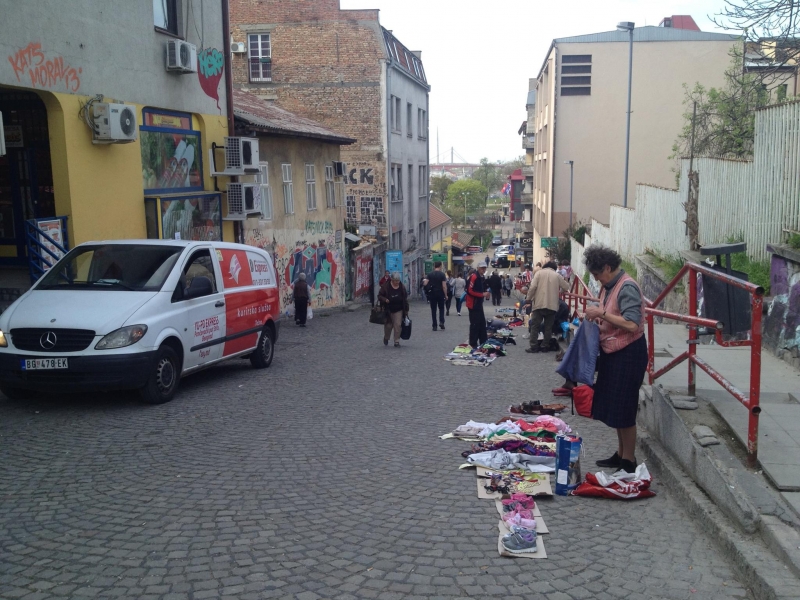
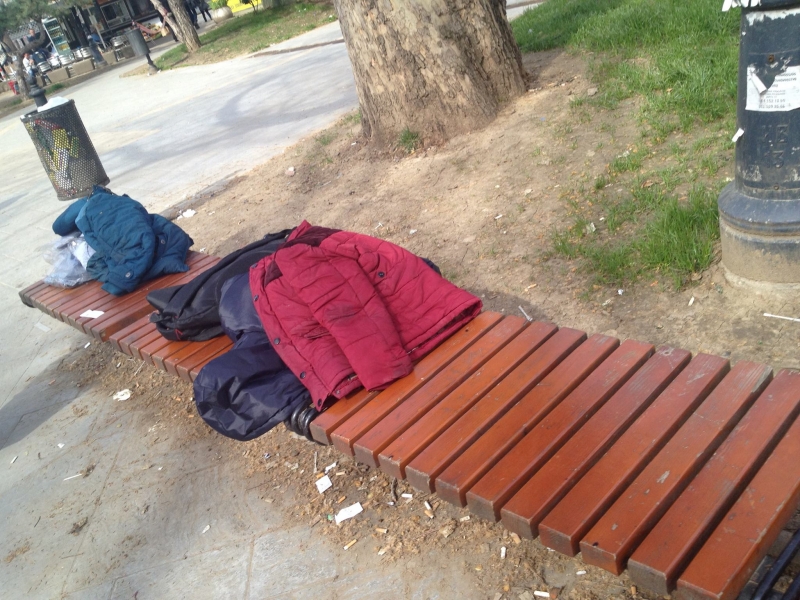
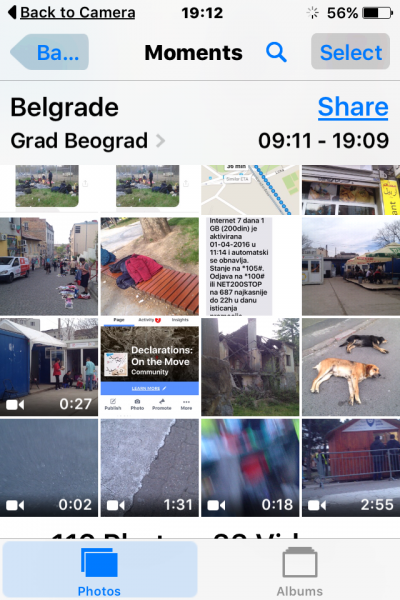

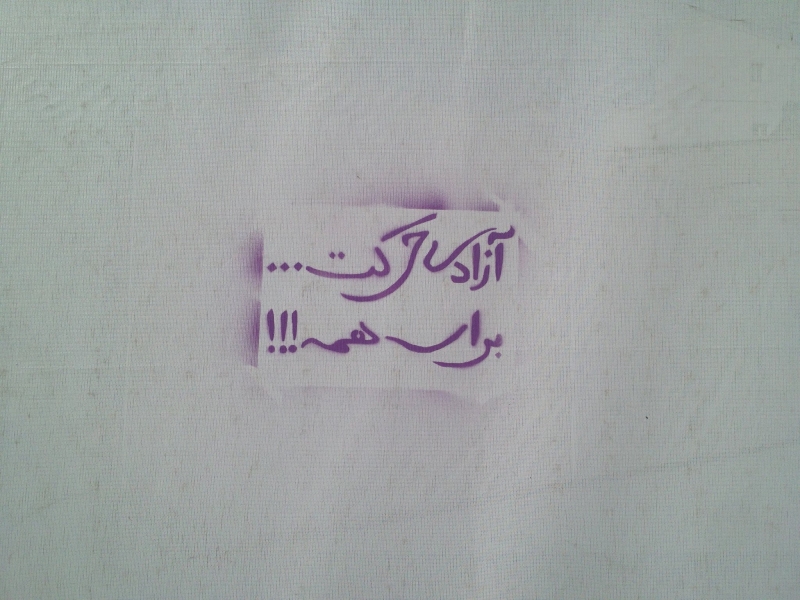
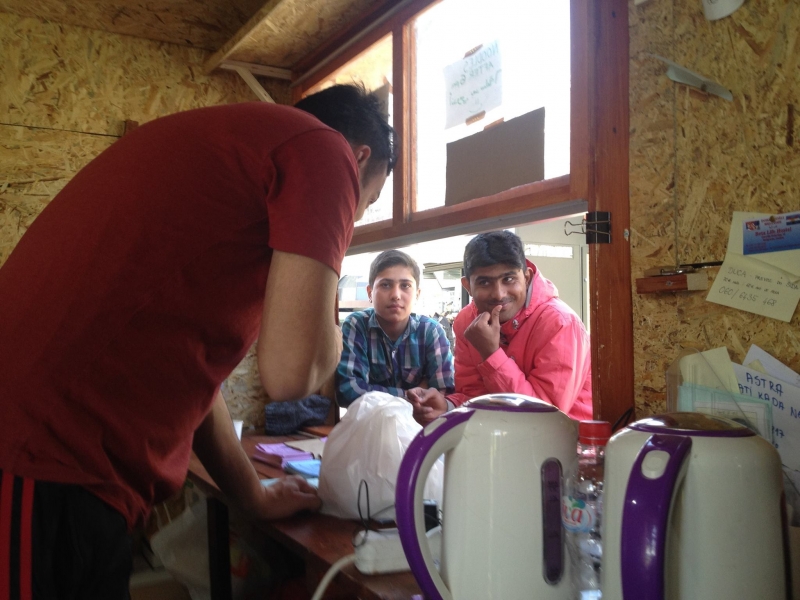
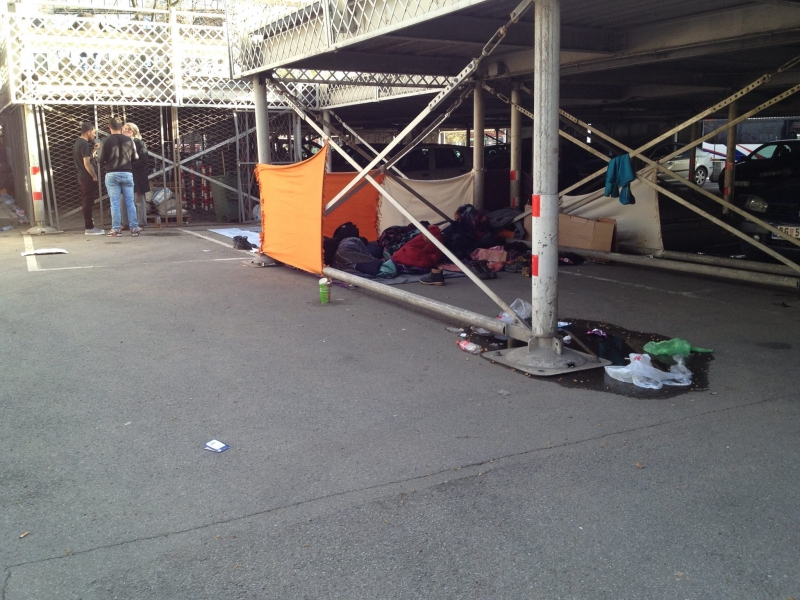
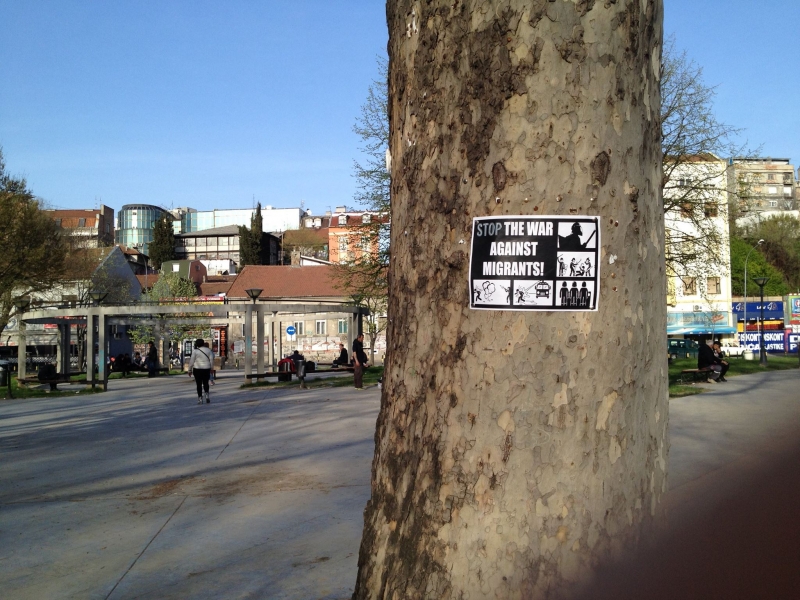
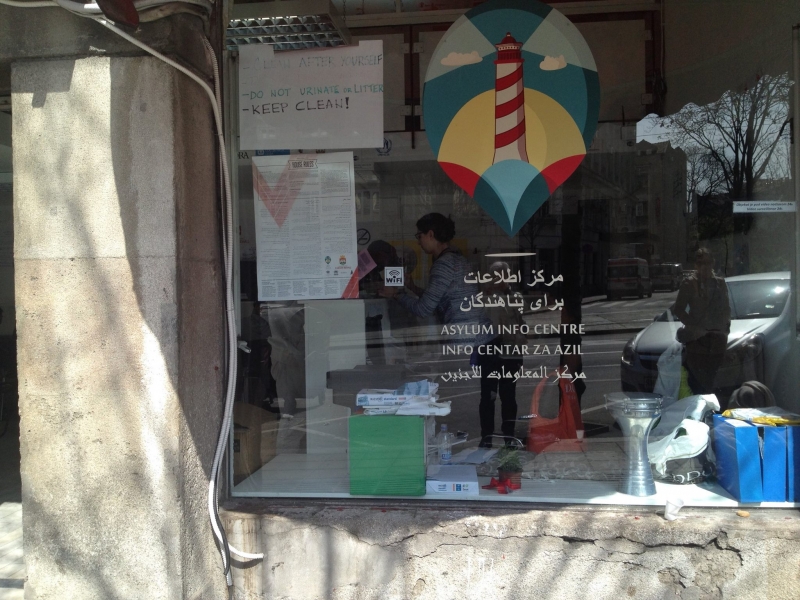
Recent Comments